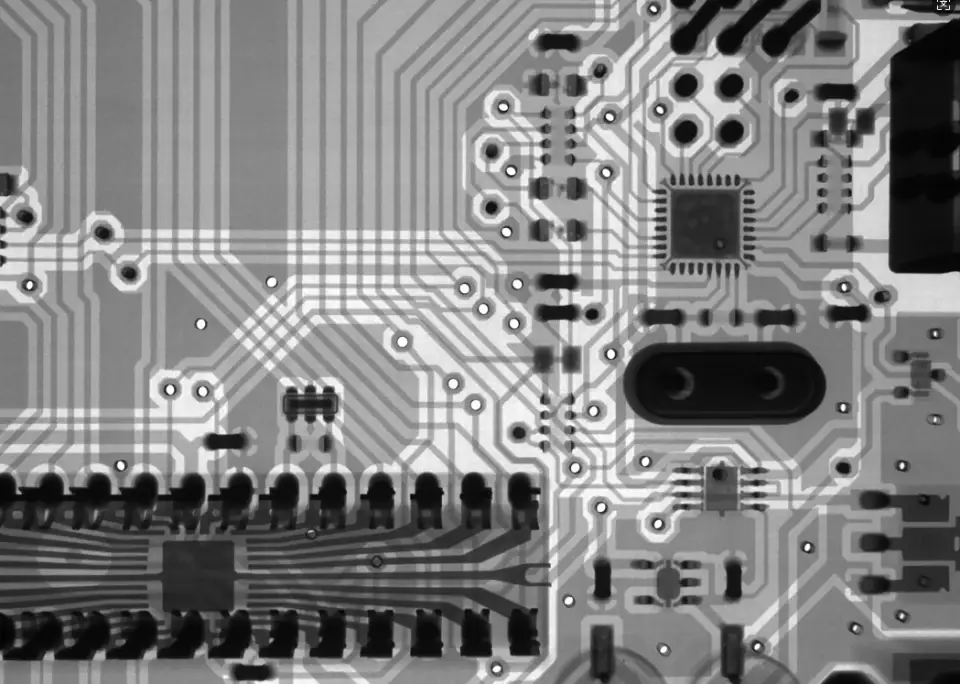A research team from the Korea Advanced Institute of Science and Technology (KAIST) has successfully developed an integrated chip based on memristors, which can simulate the way the human brain processes information. This research was led by KAIST professors Shinhyun Choi and Young-Gyu Yoon, with the results published in Nature Electronics.
The standout feature of this new computing chip is its ability to learn and correct errors caused by non-ideal characteristics, which is one of the main challenges faced by current neuromorphic devices. For example, when processing video streams, the chip can automatically separate moving objects from the background and continuously improve its performance over time. The research team demonstrated through real-time image processing experiments that the chip's accuracy is comparable to that of an ideal computer simulation.
A key breakthrough in this research is that the team not only developed a reliable brain-like component but also built a practical and efficient system. The core of this innovation is a next-generation semiconductor device called the memristor. Memristors, with their variable resistance characteristics, simulate the function of synapses in neural networks, enabling both data storage and computation in a manner similar to brain cells. By precisely controlling resistance changes, memristors eliminate the need for complex compensations through self-learning, thus creating an efficient system.
The memristor-based platform can perform parallel computing in simulation domains, making it possible to realize compact and energy-efficient AI edge computing systems. However, existing memristor array systems face reliability issues when implementing real-time AI algorithms and on-device learning, such as low yield, poor consistency, and durability concerns. The KAIST research team successfully addressed these issues by adopting interface-type titanium oxide memristors. These memristors feature high reliability, high linearity, no pre-formation (forming-free), and self-rectifying properties, allowing AI algorithms to run through self-calibration without compensation or pre-training.
The research highlights that this technology will transform the way AI is integrated into everyday devices, enabling AI tasks to be processed locally, thus reducing reliance on remote cloud servers and making devices faster, safer, and more energy-efficient. KAIST researchers Hakcheon Jeong and Seungjae Han stated that the system functions like an intelligent workspace where all resources are easily accessible without the need to switch between multiple locations. They further explained that the system mimics how the brain processes information, with all tasks efficiently completed in one place.
This chip is now ready to be deployed in a variety of devices, such as smart security cameras capable of detecting suspicious activities in real-time and medical devices that analyze health data instantly.




